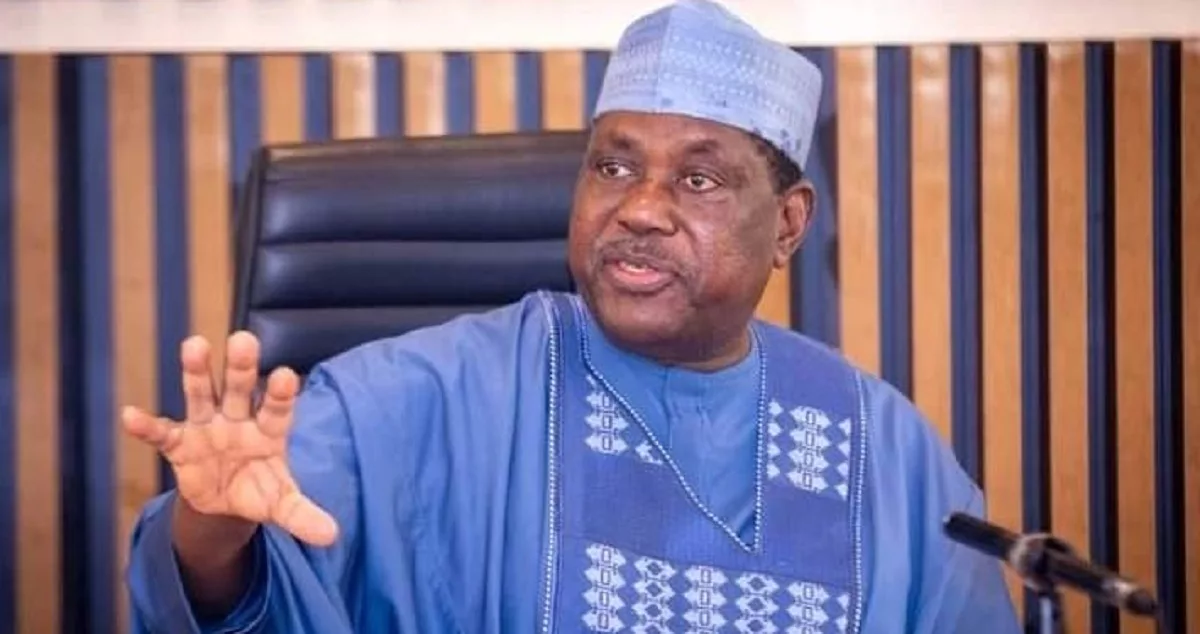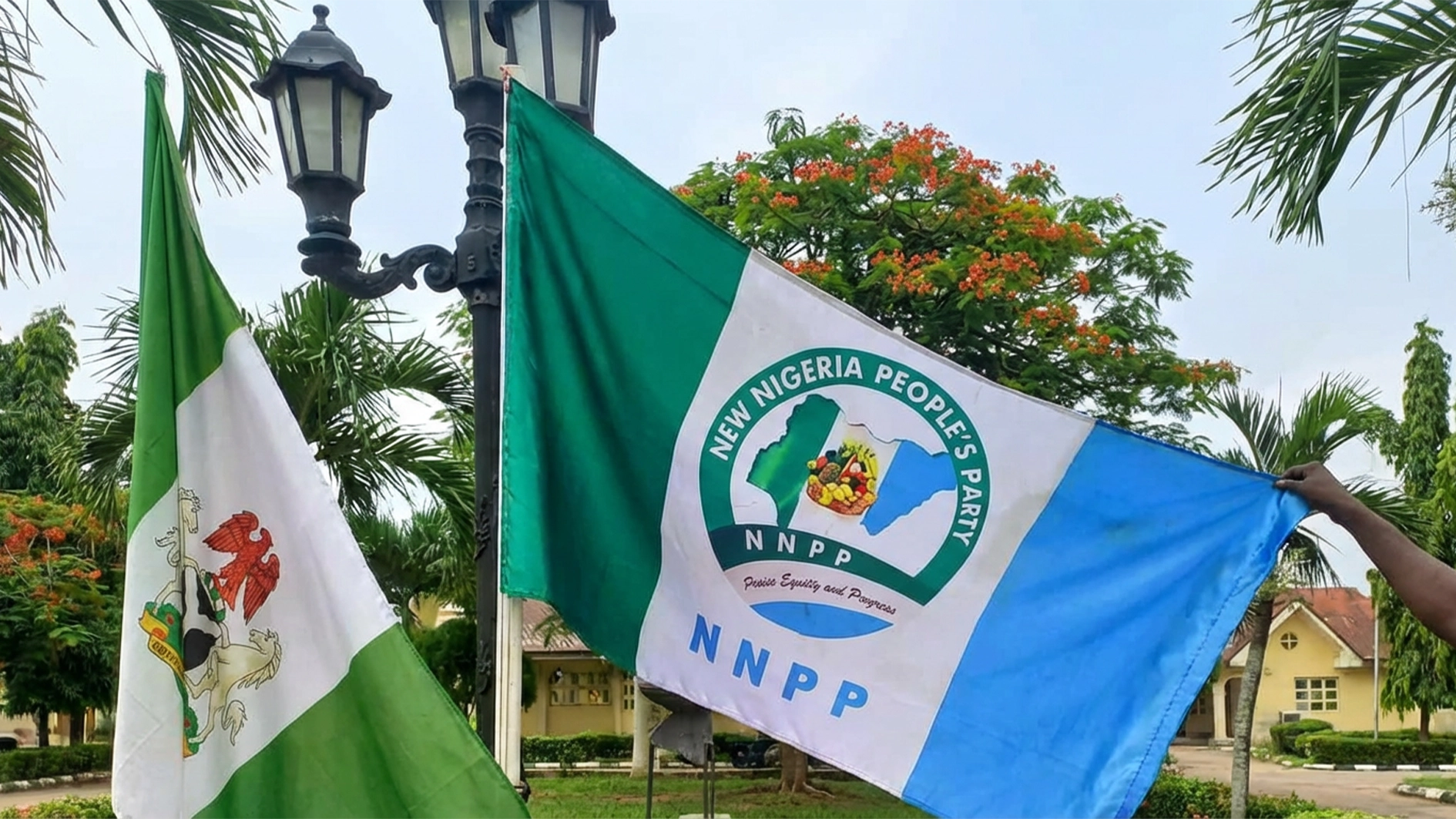
Lagos State Government has been called upon to accelerate the diversification of its key economic sectors to build resilience against internal and external shocks.
The advice was given at the second edition of the Lagos Economic Roundtable, themed, “Economic Outlook 2025 Discourse: Building resilience in times of global and domestic shocks,” held at the Protea Hotel, Ikeja, Lagos.
President, the Nigerian Economic Society (NES), Adeola Adenikinju, in his lead paper at the forum, emphasised the need for the government to strengthen the financial independence of the state.
He said that the state has the resources to ride on its current achievements in building a more resilient economy.
Also, Chief Executive of Economic Associates, Dr Ayo Teriba, harped on the need to create a pool of skilled population across the state as a means of bridging the skills gap between the formal and informal sectors of the state’s economy.
In his address, the state’s Commissioner for Economic Planning and Budget, Ope George, said Lagos remains the economic powerhouse of Nigeria and a symbol of progress across Africa.
Meanwhile, Lagos State government has disclosed that over one million people have enrolled for the state’s health insurance scheme.
Permanent Secretary, Lagos State Health Management Agency (LASHMA), Dr Emmanuella Zamba, revealed this, yesterday, during a media briefing to mark the Universal Health Coverage (UHC) Day themed, “Health: It’s on the (house) Government.”
In another development, Lagos State Ministry of the Environment and Water Resources, in conjunction with C40 Cities, through the United Kingdom (UK) government-funded Urban Climate Action Programme (UCAP), will soon commission a new $90,000 worth biogas plant at the Ikosi Fruit Market in Ketu, Lagos.
According to a statement, yesterday, the project, which comes on stream after months of planning, studies and community and government engagements, will convert organic food waste generated by the market to power a cold room and improved lighting.
The state’s Commissioner for Environment and Water Resources, Tokunbo Wahab, who spoke on the heartwarming development, said: “Our entry point is reducing methane emissions but an important co-benefit of the project is that it improves the lives of market traders, as we are also providing a cold storage facility that will see their produce stay fresher for longer”.
On his part, Managing Director for Climate Action Implementation at C40, Aditi Maheshwari, said: “What we would like to see is that due to this project, the city is able to build a case for leveraging its own finances as well as external investments for scale up and greater city-wide impacts.”






